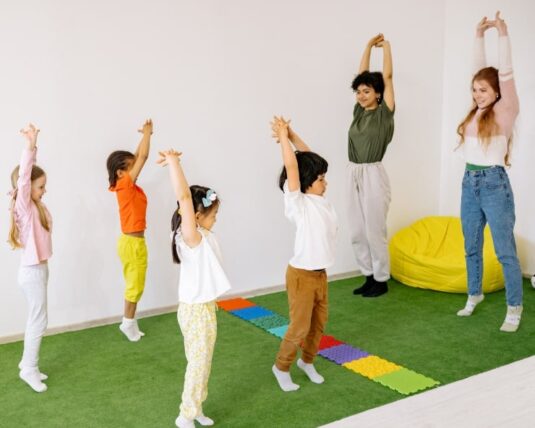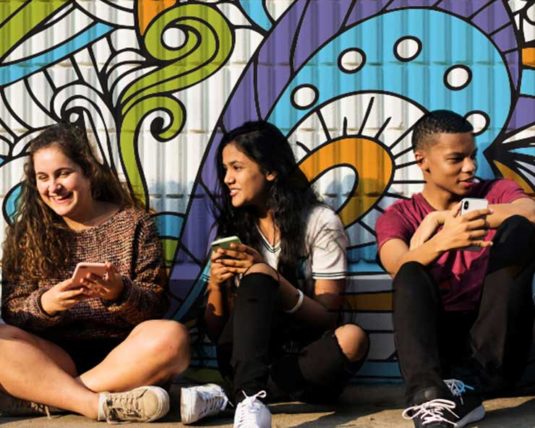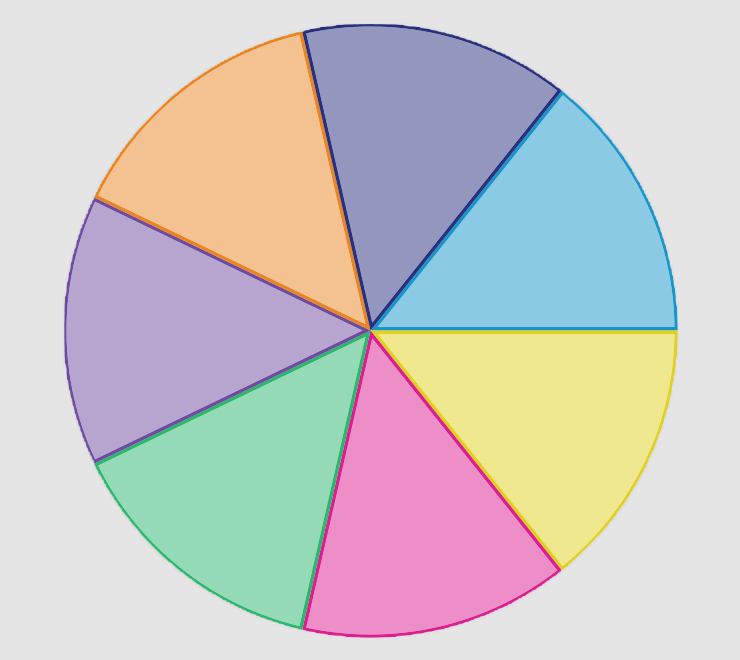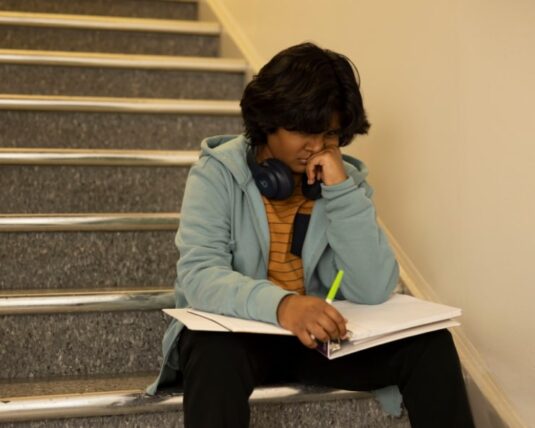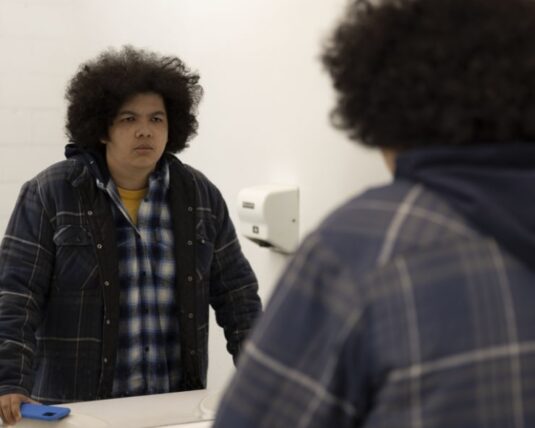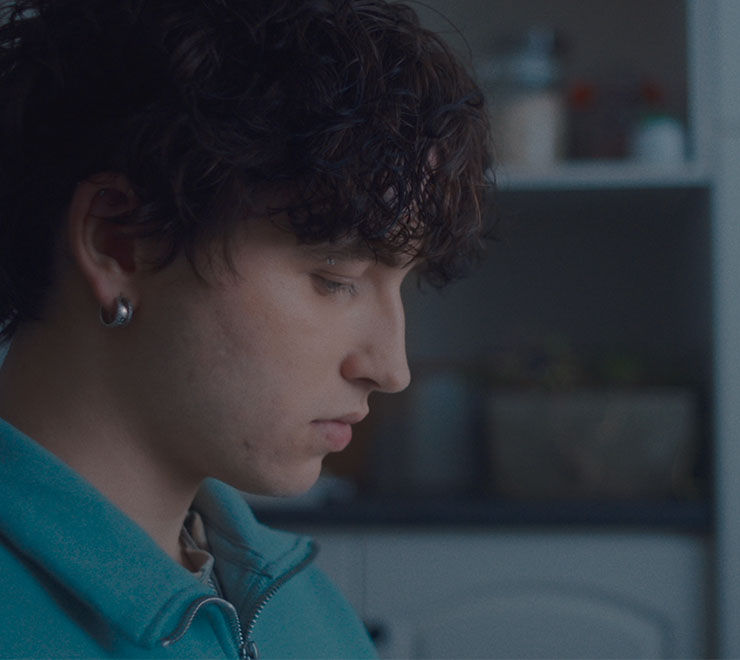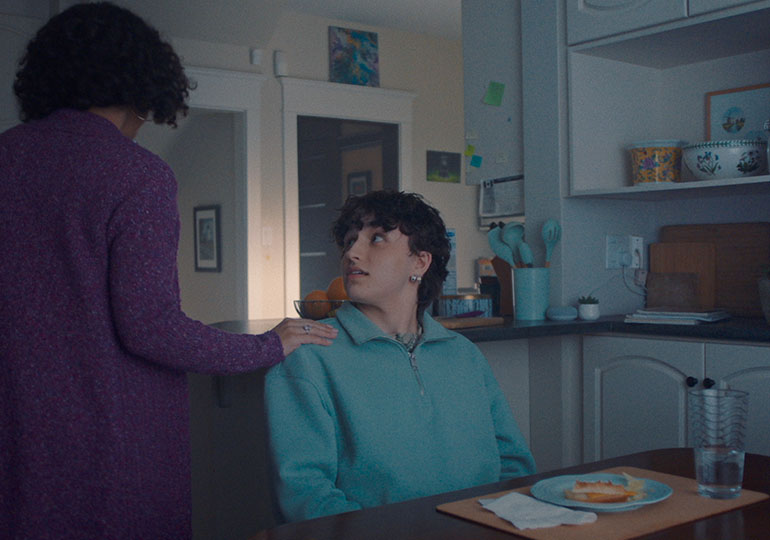Young people frequently visit Kids Help Phone’s website to search for information on autism. There can be a stigma and misunderstandings in society about what autism is, so it’s important to have the facts. If you’d like to learn more, you can find info about the autism spectrum and characteristics/experiences, available supports and more below.
Important note: The terms used throughout this piece are just some of the ways to talk about autism. Some people in the autism community may have different preferred language, ways to think about autism and ideas for supporting it, and that’s OK! You can always use the words, resources and supports that work best for you.
What is autism?
Autism is a neurodevelopmental condition (i.e. uniqueness in how the brain develops and functions) that some people are born with. It can affect things like your communication and behaviour in different ways. It’s important to remember that autism can be very different from person to person. It can be a piece of your identity, just like any other part of what makes you, you!
We don’t currently know what causes autism, although some research suggests it could be partly genetic. But we do know that everyone experiences different characteristics of it in varying degrees (a reason why the term autism “spectrum” is often used). Only a health-care professional can diagnose autism by doing a thorough assessment.
What are some characteristics and experiences?
People on the autism spectrum may have a wide range of characteristics and experiences. It’s important to remember that these traits and experiences may also be related to other things. Some people on the autism spectrum may be more likely to:
- have a strong memory
- struggle with social interaction/relationships (e.g. body language, eye contact, making conversation, “fitting in” at school/work, etc.)
- have strong attention to detail
- have trouble with speech (e.g. during social interactions, etc.)
- be honest
- experience anxiety
- be focused
- experience challenges with sensory stimulation (e.g. loud noises, etc.)
- have trouble with sleep
- be creative
- be diagnosed with attention deficit hyperactivity disorder (ADHD)
- self-injure
- be organized
- experience depression
- have seizures
- have specific interests
- have a like/need for routines (and a dislike of change)
- practise repetitive behaviours
- experience bullying
- and more
Are there any supports available?
There are supports available for people on the autism spectrum. Youth who are on the autism spectrum often work with their parents/caregivers, health-care professionals, educators and others to find options that work best for them as needed/wanted. Supports can include things like:
- individual education plans (IEPs) at school
- community programs and social supports
- therapy and/or intervention (e.g. Cognitive Behavioural Therapy (CBT), speech therapy, Intensive Behavioural Intervention (IBI), social skills training, etc.)
- taking care of the whole self (e.g. general mental, emotional, physical and spiritual health support)
- using grounding tools and techniques (e.g. a weighted blanket, stuffed animal, quiet room, fidget device, etc.)
- discovering and using personal strengths and interests
- practising self-acceptance and self-care
It’s important to remember that these supports are available to people on the autism spectrum if they choose to use them. You don’t have to do anything just to fit in with others — it’s about taking care of yourself and finding what works best for you, just like anyone else.
Where can I find more information?
There’s so much more to know about autism! You can visit the following resources to learn more at any time:
- Autism spectrum disorder (ASD) (Government of Canada)
- Autism Explained (Autism Canada)
- 5 Awesome Things About Having Autism Spectrum Disorder (Psychology Today U.S.)
- WATCH — How this autistic teen stays focused while learning online (CBC Kids News)
- About Autism (Autism Ontario)
- This kid called a Kids Help Phone counsellor for his mental health (CBC Kids News)
Related self-guided tools from Kids Help Phone
If you or someone you know is on the autism spectrum, it’s important to remember you’re not alone. If you have questions about your mental health and well-being, or would like to talk about how autism is impacting your life, you can reach out to someone you trust, including Kids Help Phone’s professional counsellors and volunteer crisis responders.


